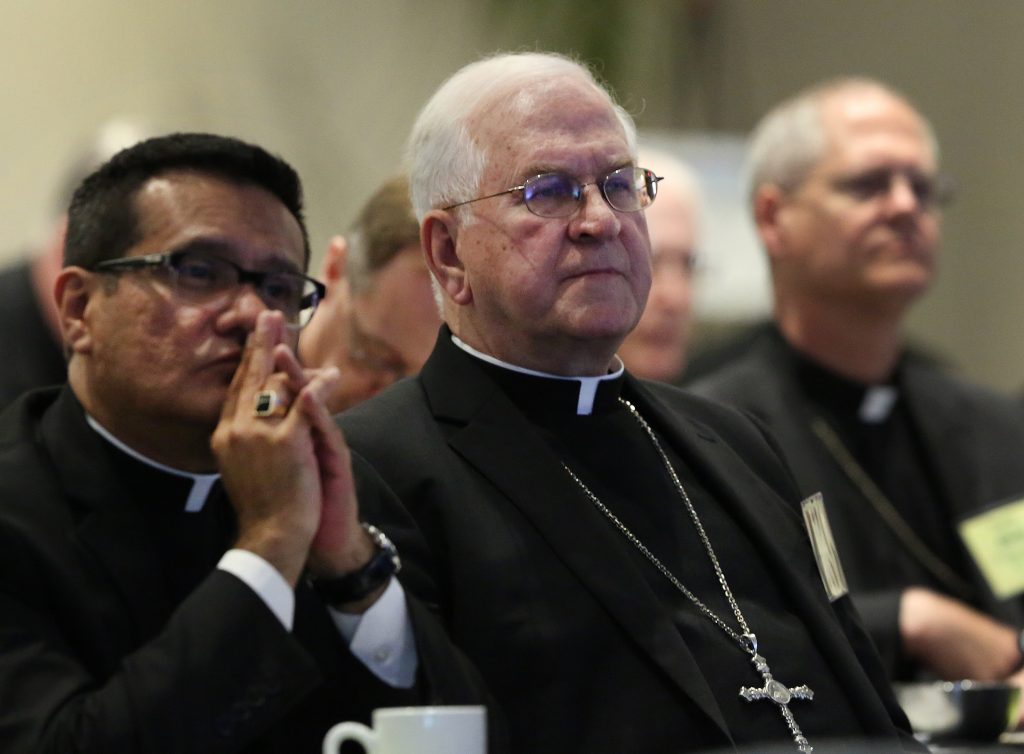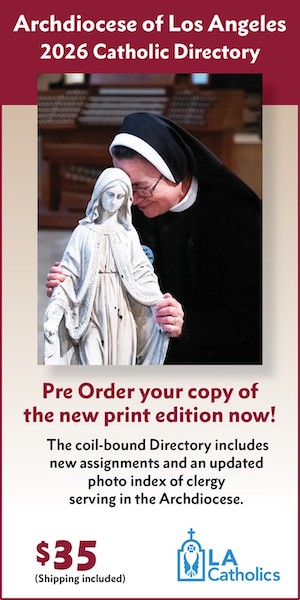In the wake of the U.S. Supreme Court’s decision earlier this month to back a baker who refused to make a cake for a gay wedding, a new wave of charges that claims of religious liberty are an excuse for the right to discriminate has crested.
Yet while this was one of the most closely watched cases before the court this term - with the U.S. Conference of Catholic Bishops (USCCB) supporting the baker - religious liberty advocates say they were also very focused on another high profile case where the USCCB filed an amicus brief against the Trump administration’s travel ban, calling it “blatant religious discrimination” targeted at Muslims. On Tuesday, however, the Court sided with the administration and deemed it lawful - this time delivering a blow to the bishops.
Upon being elected as head of the USCCB’s Committee on Religious Liberty last November, Archbishop Joseph Kurtz of Louisville Kentucky enlisted Bishop Robert Barron, an auxiliary in Los Angeles, to help revamp the way U.S. Church leaders discuss religious liberty.
In interviews with Crux during the bi-annual meeting of U.S. bishops earlier this month, both Kurtz and Barron outlined the ongoing efforts to change the language used to discuss religious liberty in an effort to rescue it from the culture wars.
In the words of Barron, “we want to talk about religious liberty in a more winsome, positive way.”
According to Kurtz, while there was no real “aha moment,” he says this move comes with the growing realization that individuals around his age - he’s 71 - intuitively “get it and see encroachments on people who seek to live their faith 24/7…but people a little younger don’t get it.”
Reflecting on recent legal battles, Kurtz says he’s all too aware that “we’re a culture that only reads headlines,” and that many Americans take little time to reflect on the nuances of complex cases and only consume news from sources with which they’re comfortable.
Enter Barron, who told Crux it’s the Church’s duty to offer a positive vision of what the Church is proposing rather than just restating what it’s against.
“We have gotten positioned where it looks like we’re the old-fashioned, entrenched culture warriors,” Barron says regretfully, “and that’s counter-productive.”
While he believes there’s a certain animosity that’s been directed at the Church, he also says Church leaders have, at times, been “too defensive about holding off aggressive forces.”
Although it’s not as glamorous or as well-funded as a Madison Avenue style marketing campaign, Barron and Kurtz says that the committee - and then the conference as a whole - is actively discussing ways in which it can employ better messaging.
Take, for example, foster care programs that in some places, most recently in the Archdiocese of Philadelphia with faith-based initiatives, have faced closure for not being willing to place children with gay and lesbian couples.
rn
rn
rn
rn
rn
rn
rn
rn
rn
rn
rn
rn
rn
rn
rn
rn
rn
rn
rn
rn
rn
rn

